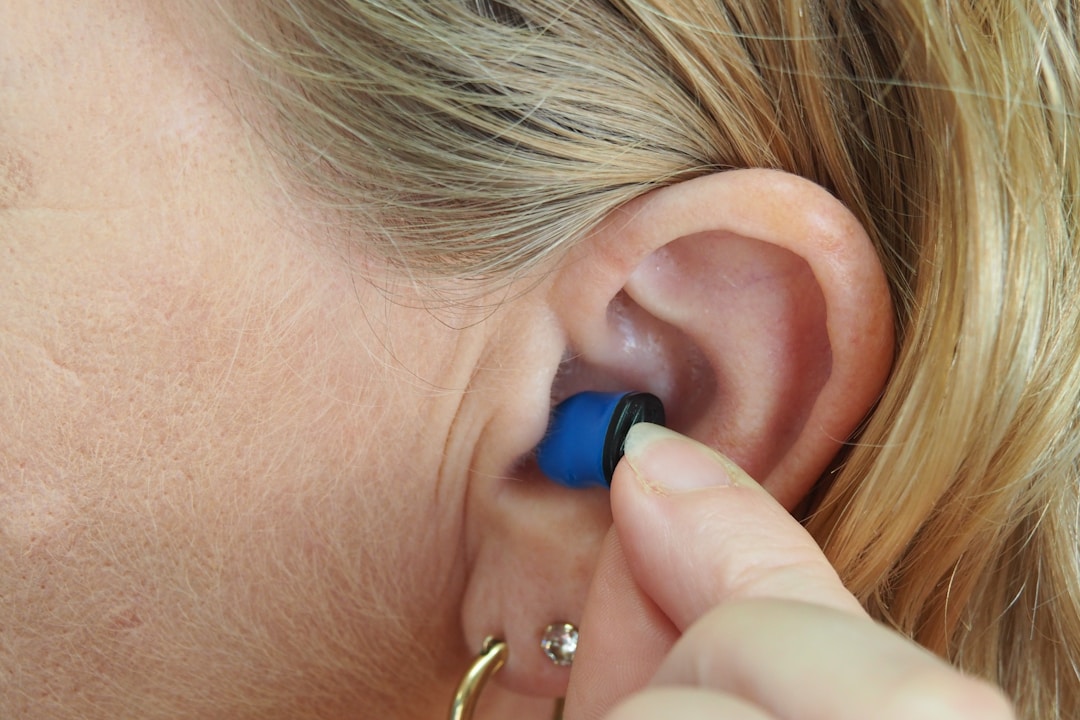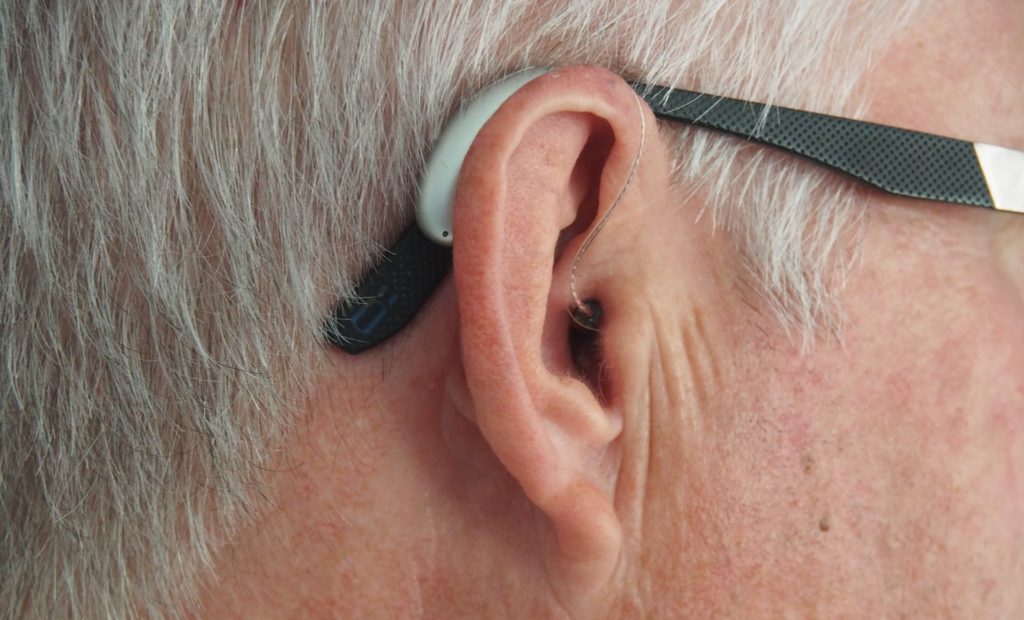Tinnitus is an inner ear condition in which the sufferer hears a constant sound (like humming, buzzing, or ringing) which is not heard by anyone around. There are multiple causes of this, including age, ear injuries, or complications with the body’s vascular system.
Tinnitus is also a relatively common condition, as it is believed that approximately 50 million Americans have tinnitus and of them, 90% also have some form of hearing loss (according to the Hearing Loss Association of America). As tinnitus is not considered to be life threatening, most people will not even see a doctor or health professional to treat the ringing in their ears. For most, symptoms are not only manageable but livable and don’t impact their lives enough to warrant treatment, even though there is no known cure for tinnitus as yet.
However, there are exceptions to this, and situations where tinnitus symptoms cannot (and must not) be ignored. Here are a few symptoms of tinnitus that should be cause for action.
Rushing, Buzzing, Ringing, or Humming Sounds

Although tinnitus is most associated with cause the sufferer to hear types of sounds that aren’t there, the rushing, buzzing, ringing or humming noises can themselves cause more problems if they increase in volume. It is not unknown for those with tinnitus to experience migraines, constant headaches, or nausea due to the constant barrage of noise, and when that occurs it is best to seek out interventions and get relief from the extra symptoms.
One possible solution is to take Tinnitus911, which is a supplement made of all-natural ingredients that target tinnitus in sufferers. These all-natural capsules include vitamin C, vitamin B6, vitamin b12, extracts of buchu leaves, hawthorn berries, and hibiscus, as well as green tea extract and folic acid amongst other natural ingredients. The idea behind these capsules is that they calm the migraines and headaches by focusing on improving the body’s blood circulation. This in turn relieves blood pressure on the central nervous system, reducing inflammation and letting the nerves in your ear canal relax, which improves your quality of life.
It must be noted that, although top doctors have vouched for this all-natural supplement, it is not an official medication and should not be ingested if there is any doubt. See a healthcare provider before you choose this option to make sure you’re aware of any potential side effects.
Respiratory Problems

There are two types of tinnitus that a medical doctor can check for––pulsatile tinnitus, which is the noise that can only be heard by the patient, and objective tinnitus, which the doctor will be able to detect on inspection. This is heard as a whooshing sound that correlates with the body’s heartbeat.
Should you experience tinnitus after having a cold or respiratory illness (like a chest infection) then you should contact a doctor. There is a variety of reasons why the tinnitus symptoms wouldn’t have subsided but they point towards an issue with the body’s circulatory system. There is an established link between cardiovascular disease or heart disease and tinnitus symptoms, so it is best to speak to a doctor who may then refer you to a cardiologist. From there, you may be asked to undergo an echocardiography examination (ECG) to establish if there is an underlying medical condition impacting your hearing. Of course, it could very well be wax build up too, but it is much better to have interventional cardiology than ignoring the symptoms.
If you wish to speak to a cardiologist directly and want to ensure that you’re seeing a high quality attending physician who shows compassion, you could search for “top cardiologist near me” through MediFind, an online medical directory designed to help patients get the best health care for them quickly.
Loss of Balance and/or Dizziness

Further symptoms of tinnitus include a loss of balance and dizziness. The inner ear canal regulates the human body’s ability to stay balanced and so if the tinnitus is coupled with dizziness, then there must be a problem within that part of the inner ear. Again, this is something that will require making an appointment with a doctor as no natural solution for this symptom exists.
Depression/ Low Mood

It’s understandable that tinnitus can get you down with its constant sounds and extra symptoms. Mental health issues are just as serious as physical ones, so if you are experiencing low mood and depression as a result of your tinnitus, then you should find a doctor with compassion and empathy and make an appointment to see them. Managing your tinnitus is hard work, but by exploring everything from natural solutions to cardiology you’ll be well on your way to less tinnitus and better quality of life.



